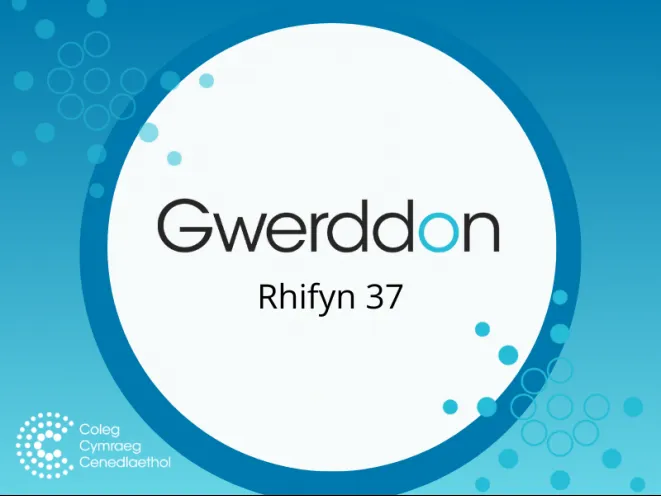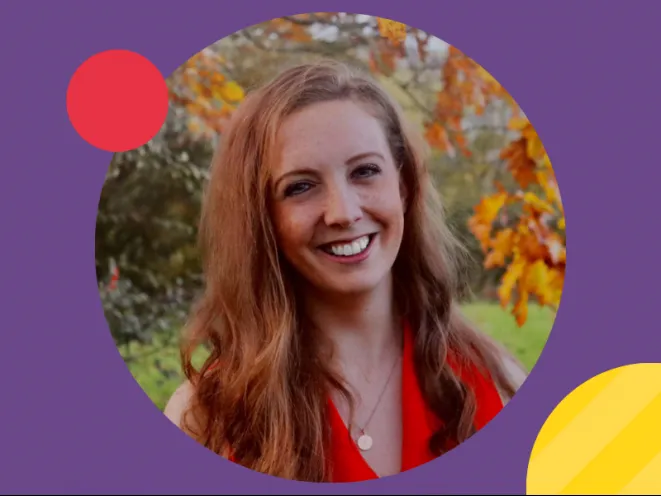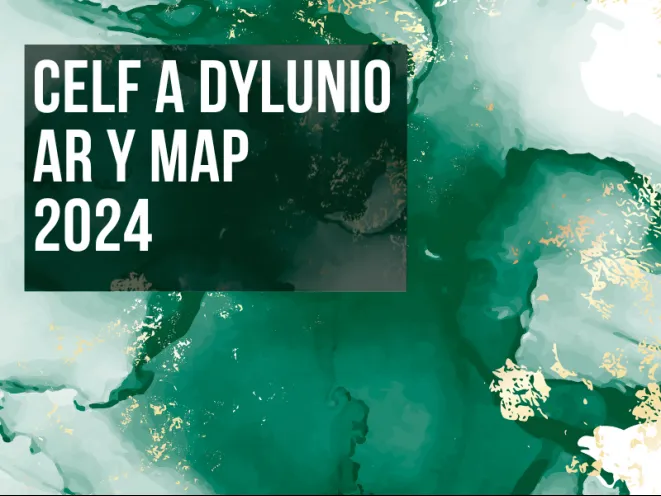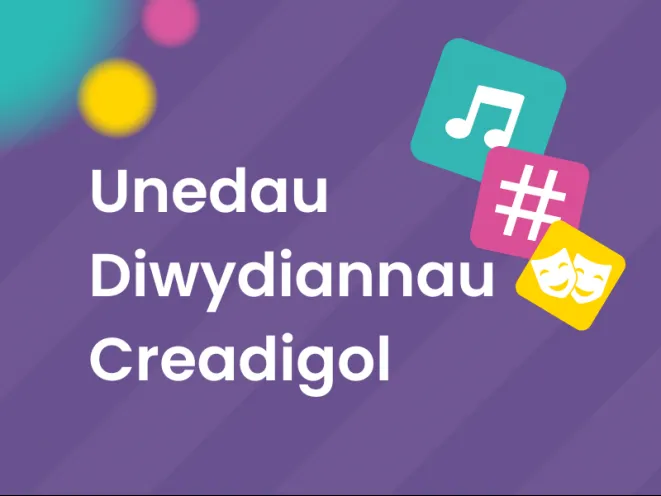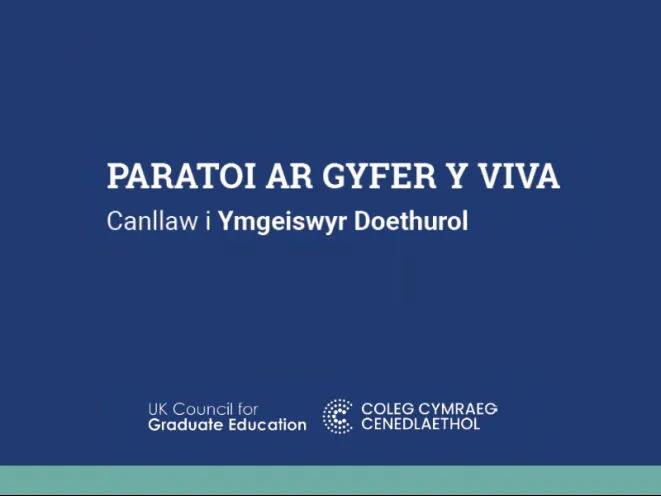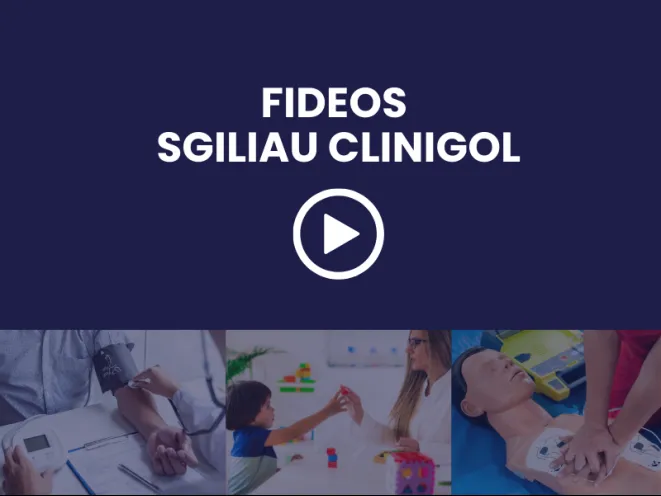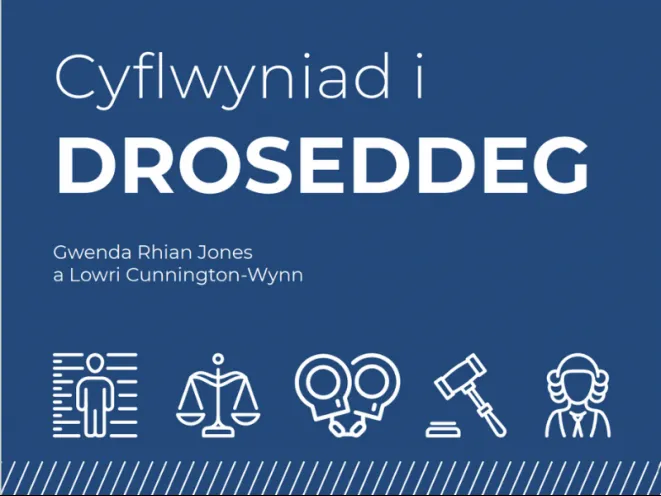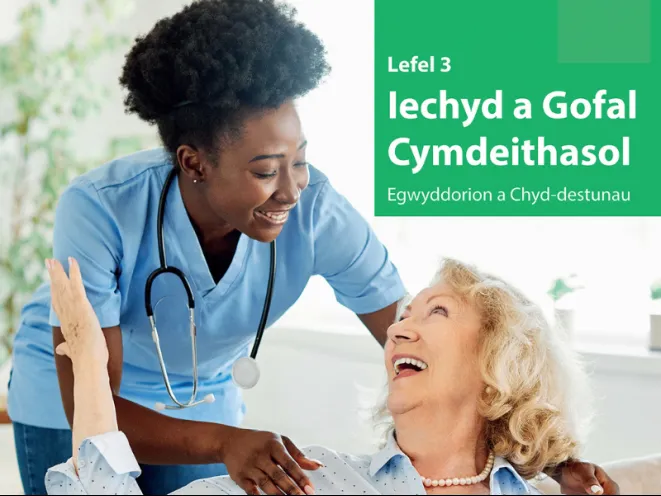This article discusses the industrial and personal connections between the Crawshay family in Merthyr Tydfil and the Dufaud family in France. It draws on travel diaries, notes and letters by Georges Dufaud and his son Achille Dufaud on their visits to Merthyr, providing insights into the Frenchmen’s impressions of Merthyr and its industrial superiority, and of the practicalities of travel and funding at the time. These texts also suggest the extent of the technological transfer from Wales to France, and reveal Welsh fears of industrial espionage. Following the wedding of Louise Dufaud and George Crawshay, Welsh workers and Welsh machinery (from Neath Abbey) were exported to France. Both played a decisive role in the development of the Fourchambault iron works near Nevers. Author: Heather Williams
Weddings and spies: Georges Dufaud’s pioneering travel from Nevers to Merthyr Tydfil at the beginning of the n...
Old Wives Tales
There were no witch hunts in Wales. A surprisingly small number of 'witches' were found guilty and hanged in Wales. Only five, compared to more than 200,000 women who were hanged or burned in western Europe after being accused of 'witchcraft' between 1484 and 1750. There are several ‘old wives tales’ or superstitions about witches where the Welsh experience is mistakenly combined or confused by English or British lore and history. The Coel Gwrach project is an attempt to ensure that Gwen, Rhydderch, Lowri, Agnes and Margaret get their place in history through the medium of Welsh, their own language rather than the language of the court, but also so that that their stories get a second chance to be heard in society.
Business Studies
In this resource you will have the opportunity to develop your knowledge and understanding of businesses and their markets. The resource is divided into six units: Exploring Business Marketing Personal and Business Finance Internatioln Business Principles of Managment Business Decision Making Here you'll discover information about Welsh businesses and companies that you can use to undertake further research or to complete assignments. You will also come across short exercises and case studies that will test your basic understanding. This resource targets learners that are studying business courses at level 3.
Setting aims and objectives for researchers
A presentation by Dr Hanna Hopwood to postgraduate students to share advice on how to make the most of your time and energy when researching. Dr Hanna Hopwood is a lecturer in the Department of Linguistics, University of Oxford. She is also a project manager and about to complete the ILM Level 7 in executive coaching and mentoring. In addition, she has followed several courses on Compassion Focused Therapy and incorporates the models from that teaching at every possible opportunity into her work every day. This presentation encourages you to consider: What kind of learner are you? What is going to help you personally in setting your research goals and objectives? What kind of atmosphere and study pattern works for you? What can help set good habits? How can you structure your time effectively? What strategies can work when setting goals and objectives? How can you make the most of your time and energy? To accompany this resource, a live online workshop titled Setting Goals and Objectives for Researchers will be held with Dr Hanna Hopwood on 20 May at 11:00 to delve deeper into the above questions, and to share good practice and further advice.
Art and Design on the MAP 2024
The aim of the 'Celf a Dylunio ar y Map’ is to offer a unique opportunity for Welsh-medium Art and Design students to come together in one place to share and discuss their work and to benefit from the experience of artists and others who work in the industry. The students also get involved in exploring a specific location and responding creatively to that location and to a brief. This year the location was Swansea and the theme of the festival was 'The Ugly and Lovely’. Three Arts Practitioners were invited to the festival this year to share their arts journey, Kath Ashill, Rhian Jones and Vivien Roule. The videos provided here provide a flavour of the festival additionally they provide an insight to the enterprise of arts practitioners and their journeys in the art world.
Creative Industries Units
This collection contains six e-learning packages on the following areas: Business within the Creative Industries Art and Design within the Creative Industries Communication and research in Creative Media Exploring the Performing Arts and Professional Practice Career Pathways and opportunities within the Creative Industries in Wales Music industry and professional practice The packages are suitable for learners studying the relevant qualifications at levels 2 and 3 at further education colleges.
Llond Ceg - Sustainable Welsh Foods
Llond Ceg offers a flexible and accessible resource for anyone who wants to understand and learn more about sustainability. The website has been created to be used in a flexible way to encourage conversations about Welsh food, about the current arrangement of the food system, about food waste and most importantly about how a large number of Welsh farmers try to produce food through sustainable methods. The content presents and discusses 10 reasons why local Welsh food is more sustainable compared to food produced abroad. There is also a series of 3 podcasts which present different aspects of the Welsh food chain. The resource is suitable for anyone with interest in the subject matter, Welsh Baccalaureate post-16 groups and degree level learners.
Preparing for your Viva
A guide for doctoral candidates on preparing for the Viva exam. The guide contains information on how to prepare for the exam, what to expect on the day, and frequently asked questions in a Viva exam. The information was translated by Y Coleg Cymraeg Cenedlaethol in collaboration with UKCGE
Clinical Skills Videos (in Welsh)
A series of videos that have been created by Swansea University Medical School to improve the clinical skills of medical students and other healthcare students. The collection includes a series of clinical videos for the use of medical students which exemplify how to go about carrying out different examinations and practical assessments. The examinations seen in the videos are examples only and we advise you to consult your course's learning objectives if using these when revising for specific exams.
Introduction to Criminology
This book is primarily intended to provide an introduction to criminology as an academic degree subject area of study for first year students at Higher Education institutions in Wales. This was the impetus to develop a comprehensive academic textbook in Welsh that would introduce students to critical aspects of pursuing and studying criminology for themselves. As well as offering the resource in the Welsh language, the volume also asks students to relate theories of criminology within the context of crime in contemporary Wales.
Level 3 Health and Social Care – Principles and Contexts Handbook
Please find link below to Atebol's website to buy the Level 3 Health and Social Care – Principles and Contexts Handbook by Carol Bennett, Sara Jones, Rhiannon Salisbury a Philip Webber. Suitable for Level 3 Health and Social Care: Principles and Contexts, part of the suite of Health and Social Care, and Childcare qualifications in Wales provided by City & Guilds/WJEC. The qualification and this resource are aimed at post-16 learners who are keen to learn more about the health and social care sectors. Suitable for Level 3 Certificate, Foundation Diploma, Diploma or the Extended Diploma. Provides a progression path for learners who have studied Level 2 qualifications in Health and Social Care, and Childcare. This resource is also suitable for learners who have not studied Health and Social Care before. A specific resource for Units 4, 5 and 6 of the qualification. It will also prepare you for external examinations and the relevant assessments. Offers guidance for studying the different subjects to make sure that you have a sound knowledge base and the necessary skills to be successful in your studies. Provides an opportunity to reflect on your experiences with opportunity to do further research to improve your understanding. Selected case studies give you an opportunity to show your understanding of what you have learned within the context of what you will face in your work of caring for others.
Pūtahitanga Project: Music, Language, and Identity
Pūtahitanga: te reo Māori (in the Māori language) which describes a community coming together to work together on a specific idea, topic or challenge. The word embodies the ethos of the research project that uses it as a title: The Pūtahitanga Project. This is a project that explores popular music, language and identity in the Welsh and Māori contexts. As part of the project, Dr Elen Ifan from Cardiff University received an Innovation Grant from the Coleg Cymraeg Cenedlaethol to hold workshops in Aotearoa (New Zealand) and Wales with musicians who use Māori and Welsh in their work. This resource shares clips from the workshop in Cardiff and includes activities to involve you in our research as well. It is mainly designed for higher education students, but it is also relevant to anyone interested in Welsh popular music and the worksheet is suitable for AS and A level as well. The project essentially aims to find connections between the experiences of musicians who use two minority languages (Welsh and te reo (the language) Māori), trying to understand the various challenges facing these musical communities , but without directly comparing. The project uses creative research methods and involves audiences in the research. This resource forms part of that work. The video files include a presentation by the lead researcher and clips from a workshop held in Cardiff in November 2023. The worksheet guides the person using the resource through the activities, encourages them to engage with the themes of the project, to think about what is relevant or important to them, and invites creative responses to the research.

